Recently I see writings in academic circles that try to promote the notion that The Art of War isn't a work of humaneness. That's rather unfortunate and misguided. These academics should pick up their phone. The year 1987 is calling. They are making the same mistakes that others have made before 1988 when Dr. Thomas Cleary wrote his groundbreaking introduction in his translation of The Art of War. He was the first major Western scholar to have gotten our Chinese classic correct.
So with this blog entry I am trying to set the record straight once again. Education is a never-ending endeavor.
Sun Tzu's Art of War is one of the most useful books you can read to stop and prevent conflict. The politicians who read and understand it are less likely to advocate wars. Military generals who read and understand it are more prudent in launching attacks. The everyday civilians who read and understand it are less prone to anger and rash behavior. Sun Tzu's Art of War can help anyone because there is nobody who doesn't have to deal with conflict in his or her life. Our book doesn't simply advise measured actions but quick, powerful, and creative actions to ensure victory and return to harmony. This difference seems subtle but substantial in practice.
May all individuals see things from a wise and mature perspective in the future, one of effective education and peace. ☮
P.S. If you want to discuss more about this, feel free to post your comment below and we'll discuss further.
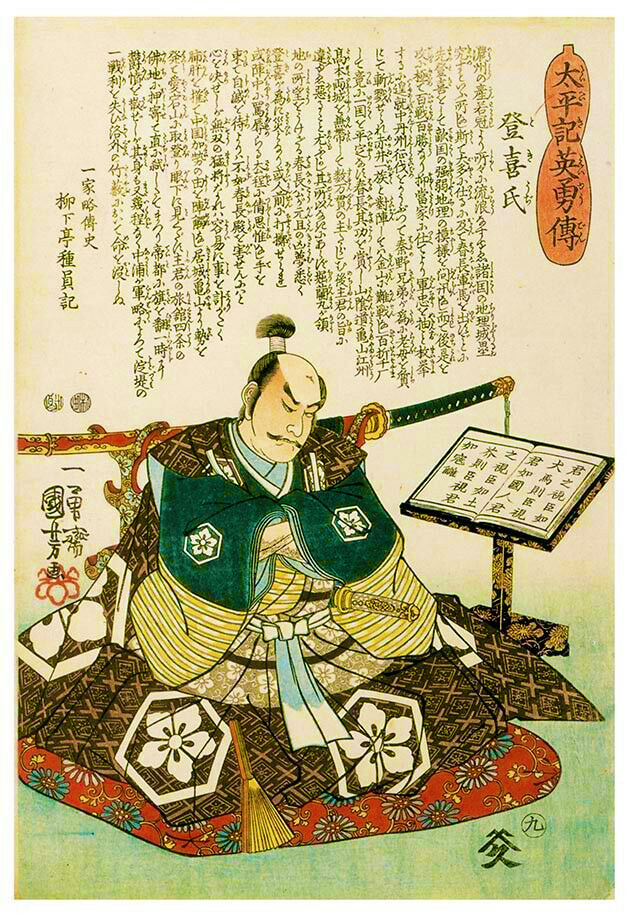
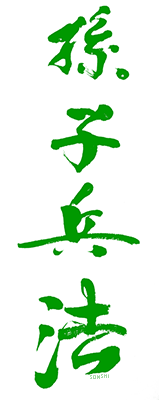


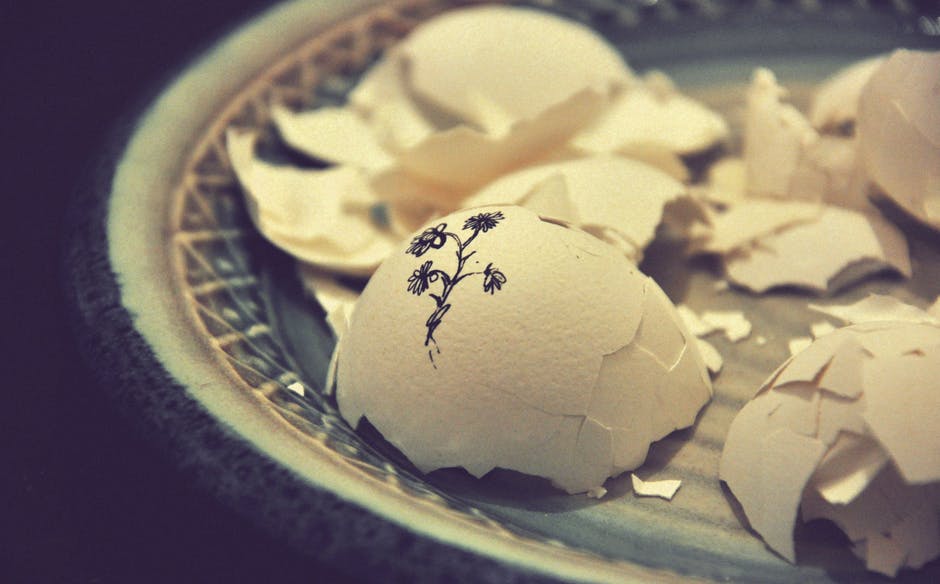

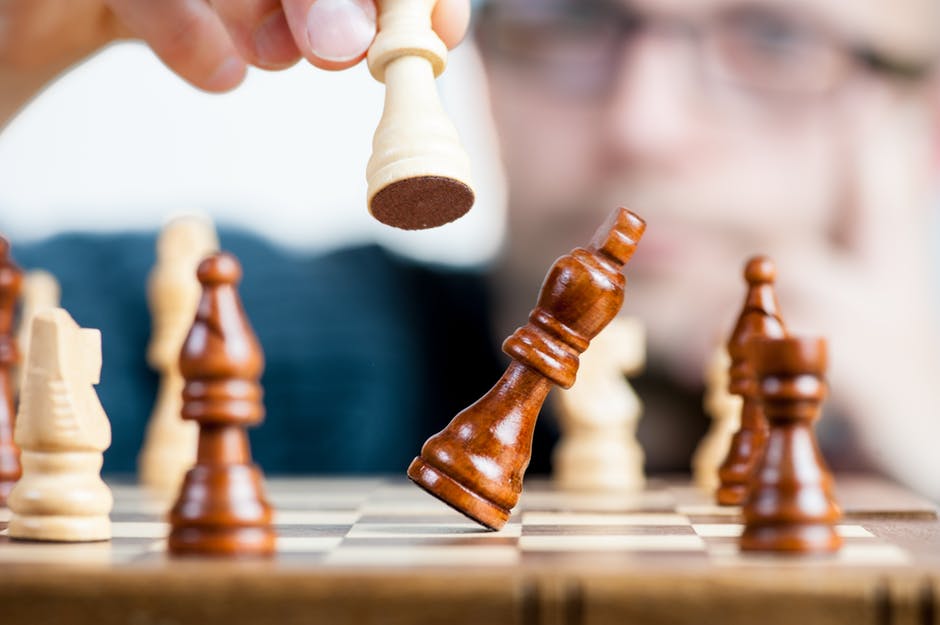
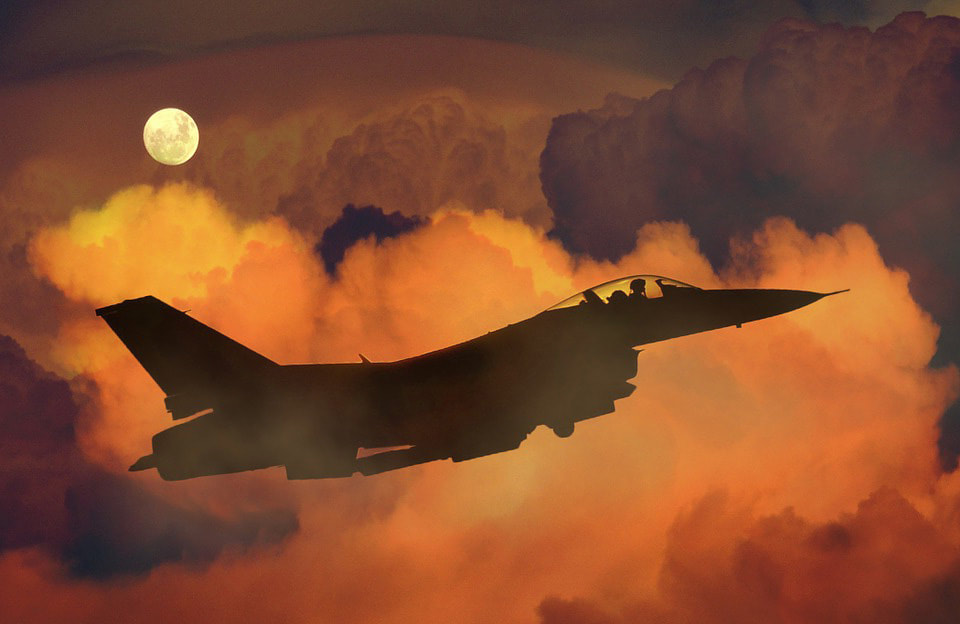


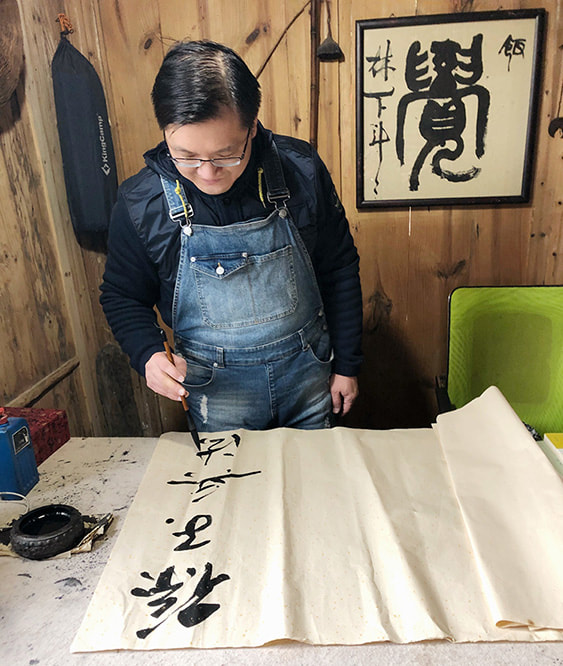

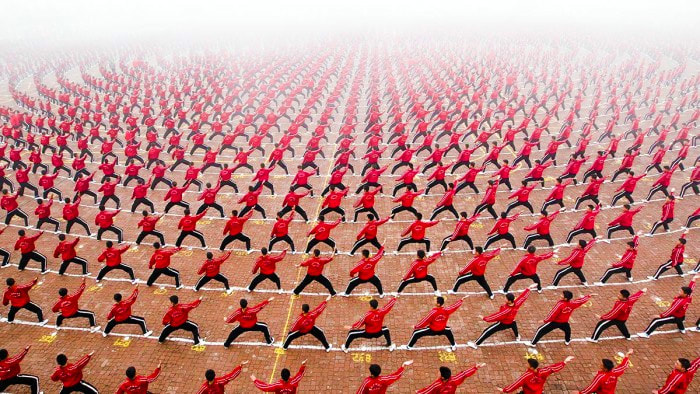

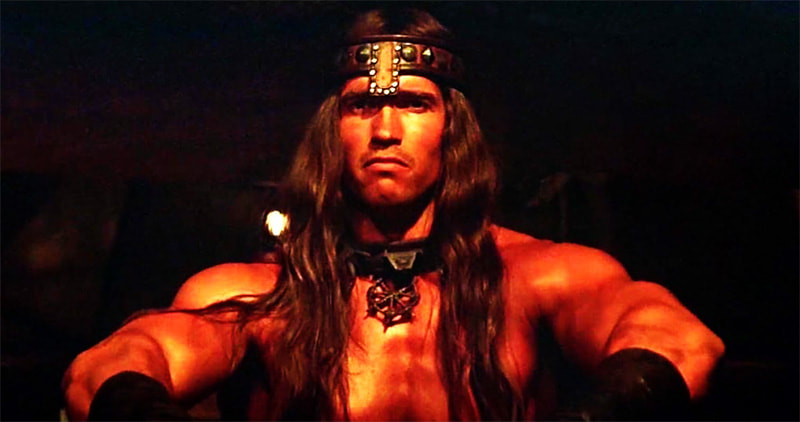

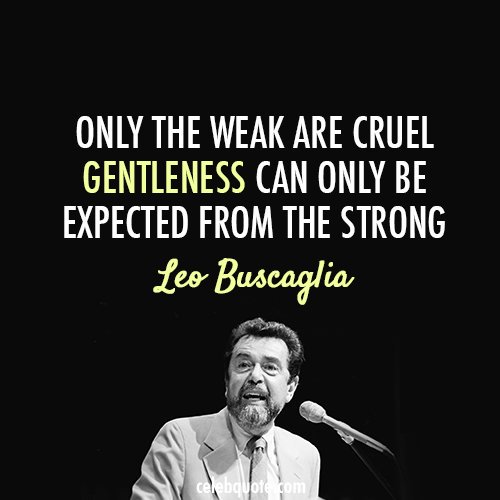

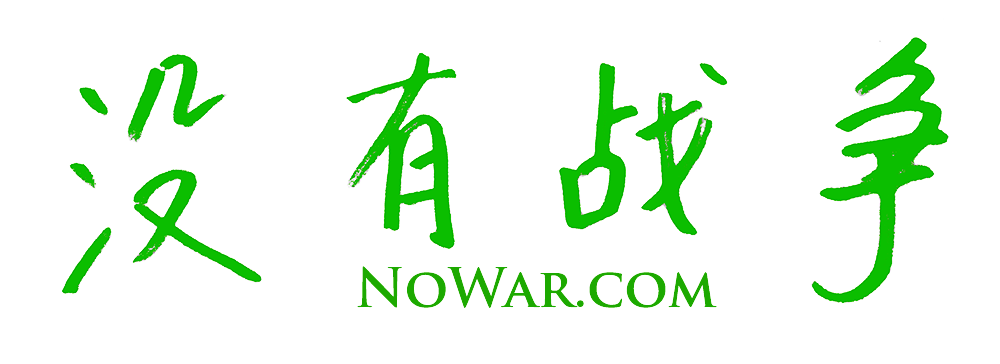
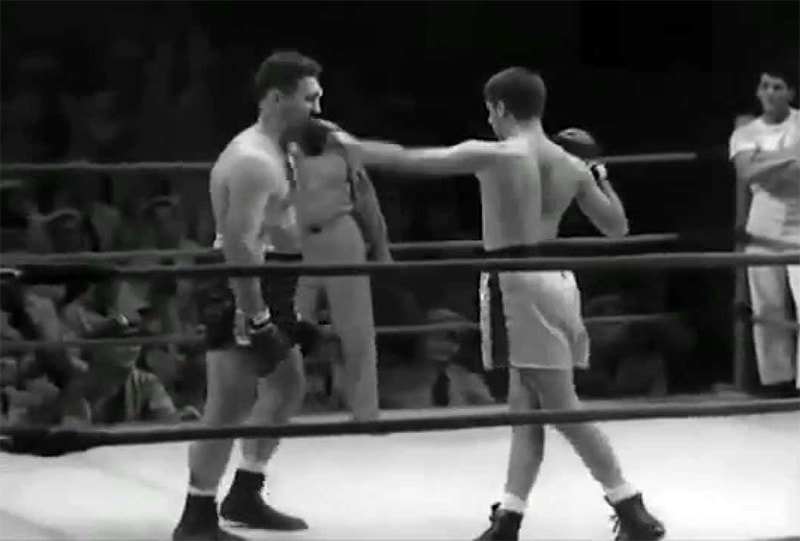


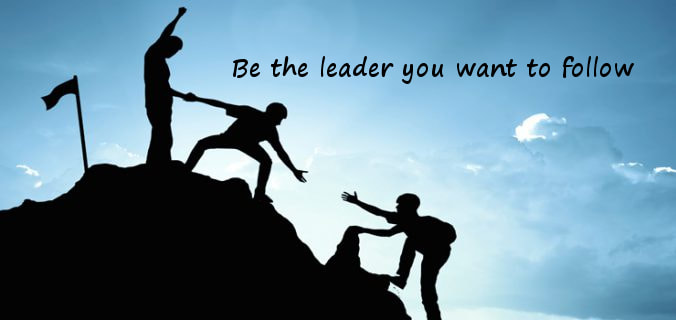



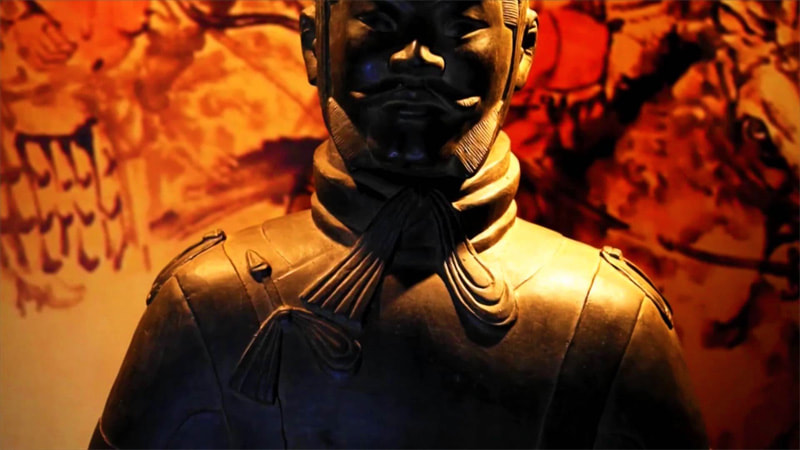

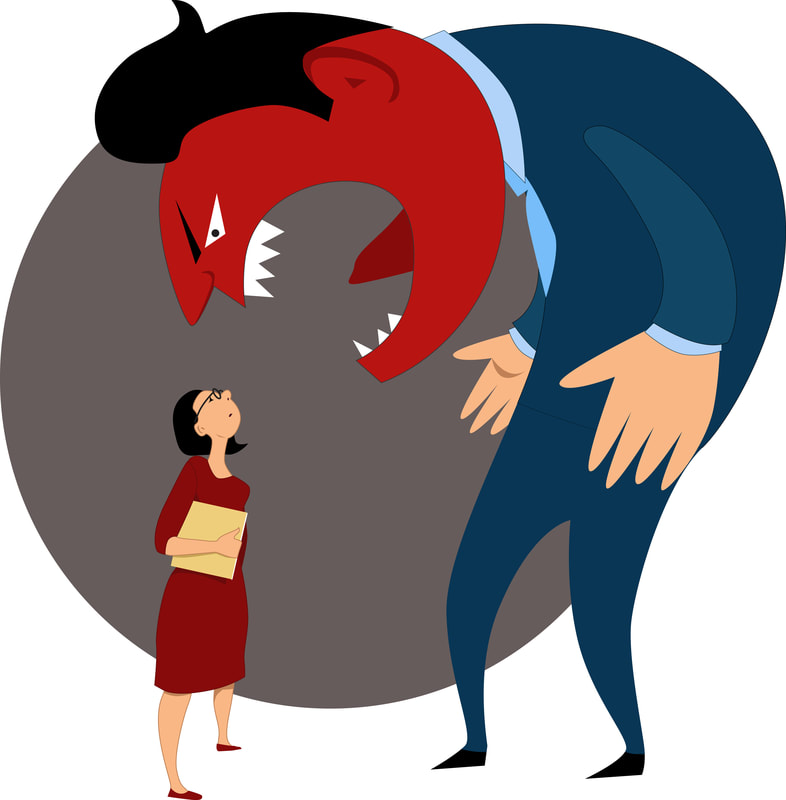



 RSS Feed
RSS Feed